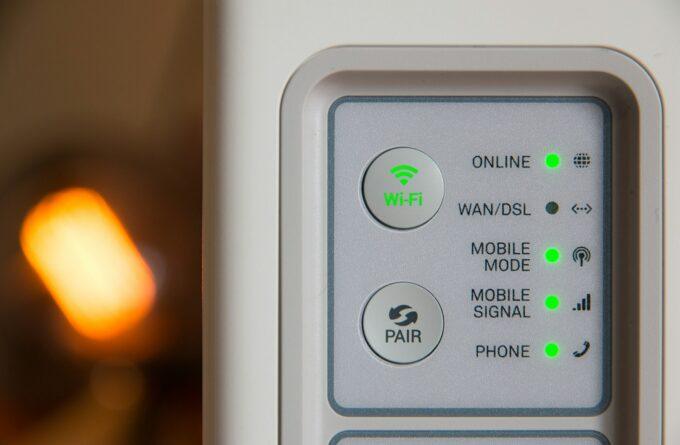Understanding Data Storage Units for Your Broadband Connection
If you’ve ever wondered “is KB bigger than MB” or “which is bigger MB or KB”, you’re not alone. These are some of the most common questions people ask when trying to understand internet data usage, file sizes, and broadband plans. Let’s clear up the confusion once and for all.
The Simple Answer: MB is Bigger Than KB
No, a kilobyte (KB) is not bigger than a megabyte (MB). In fact, it’s the complete opposite:
- 1 MB (megabyte) = 1,024 KB (kilobytes)
- This means MB is significantly bigger than KB
Think of it like money: if KB were pence, then MB would be pounds. You need 1,024 pence to make just over £10, similar to how you need 1,024 KB to make 1 MB.
Data Storage Units: From Smallest to Largest
To understand “what is bigger MB or GB” and get the complete picture, here’s the hierarchy of data storage units:
- Byte (B) – The smallest unit
- Kilobyte (KB) – 1,024 bytes
- Megabyte (MB) – 1,024 KB (1,048,576 bytes)
- Gigabyte (GB) – 1,024 MB
- Terabyte (TB) – 1,024 GB
So when asking “is MB or GB bigger”, the answer is clear: GB is much larger than MB. In fact, 1 GB contains 1,024 MB.
Why This Matters for Your Broadband Connection
Understanding these units is crucial when choosing broadband packages and managing your internet usage:
Internet Speed vs Data Usage
- Internet speeds are measured in bits per second (Mbps = megabits per second)
- Data usage is measured in bytes (MB, GB = megabytes, gigabytes)
- 8 bits = 1 byte, so a 100 Mbps connection can theoretically download 12.5 MB per second
Common Data Usage Examples
- Sending an email: 10-150 KB
- Streaming music (1 hour): 40-150 MB
- HD video streaming (1 hour): 1-3 GB
- 4K video streaming (1 hour): 7-10 GB
- Video call (1 hour): 500 MB – 1.5 GB
How to Choose the Right Broadband Package
Now that you know KB or MB bigger (MB wins!), here’s how to apply this knowledge:
Light Users (Up to 50 GB per month)
- Basic web browsing and email
- Occasional video streaming
- Social media usage
Medium Users (50-200 GB per month)
- Regular HD streaming
- Video calls for work
- Cloud storage synchronisation
Heavy Users (200+ GB per month)
- 4K streaming on multiple devices
- Large file downloads
- Gaming and streaming simultaneously
Quick Reference: Data Size Comparisons
| Unit | Abbreviation | Size |
|---|---|---|
| Kilobyte | KB | 1,024 bytes |
| Megabyte | MB | 1,024 KB |
| Gigabyte | GB | 1,024 MB |
| Terabyte | TB | 1,024 GB |
Frequently Asked Questions
Is a KB bigger than a MB?
No, a kilobyte is much smaller than a megabyte. You need 1,024 KB to equal just 1 MB.
Whats bigger MB or KB?
MB (megabyte) is bigger. It’s 1,024 times larger than a KB.
Is KB or MB bigger?
MB is bigger than KB by a factor of 1,024.
Is MB or GB bigger?
GB (gigabyte) is bigger than MB by a factor of 1,024. One GB contains 1,024 MB.
Making Smart Broadband Choices
Understanding data units helps you:
- Choose appropriate data allowances without overpaying
- Monitor your usage effectively
- Understand speed requirements for your household
- Compare broadband deals more accurately
Remember, when providers advertise speeds in Mbps (megabits per second), you’ll need to divide by 8 to get the actual download speed in MB per second. A 100 Mbps connection downloads at approximately 12.5 MB per second in ideal conditions.
The Bottom Line
The hierarchy is clear: KB < MB < GB < TB. MB is always bigger than KB, and GB is always bigger than MB. Whether you’re choosing a broadband package, managing data usage, or simply trying to understand file sizes, remembering this simple order will help you make informed decisions about your internet needs.
For more guidance on choosing the perfect broadband package for your data requirements, explore our comparison tools and find the best deals tailored to your usage patterns.

















